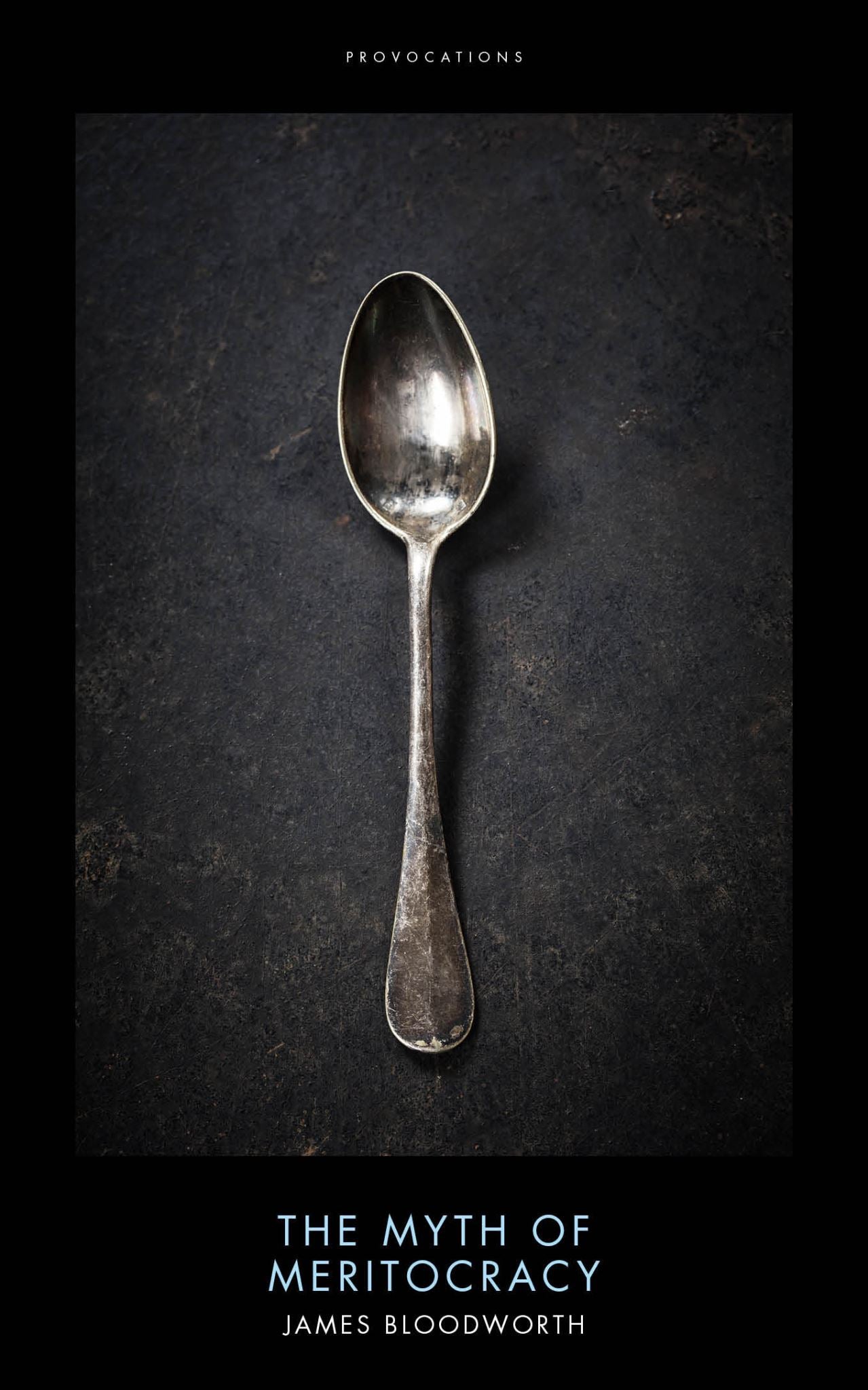Description
Dive into the compelling narrative of 'The Myth of Meritocracy,' a thought-provoking title that challenges the popular belief in equal opportunity within capitalist societies. This groundbreaking book, published by Biteback Publishing in 2016 and authored by a leading voice in social justice, dissects how the social mobility myth persists despite widening inequality. Through detailed analysis and impactful case studies, this must-read seeks to illuminate how the privileged offspring dominate the best jobs in Britain, leaving bright yet disadvantaged children struggling to break free from their socio-economic circumstances. Investigating the roots of this systemic issue, 'The Myth of Meritocracy' calls into question the illusion of merit-based success, making it essential reading for anyone passionate about social reform and equality. If you're interested in social justice, economic disparities, and the realities of class struggle, this book will equip you with insights and provoke critical thought about the future of opportunity in our society.

